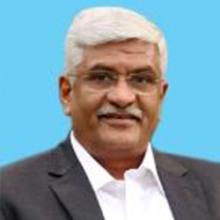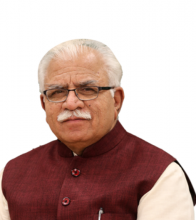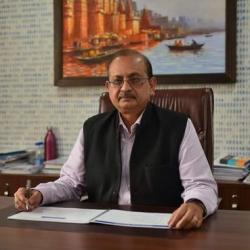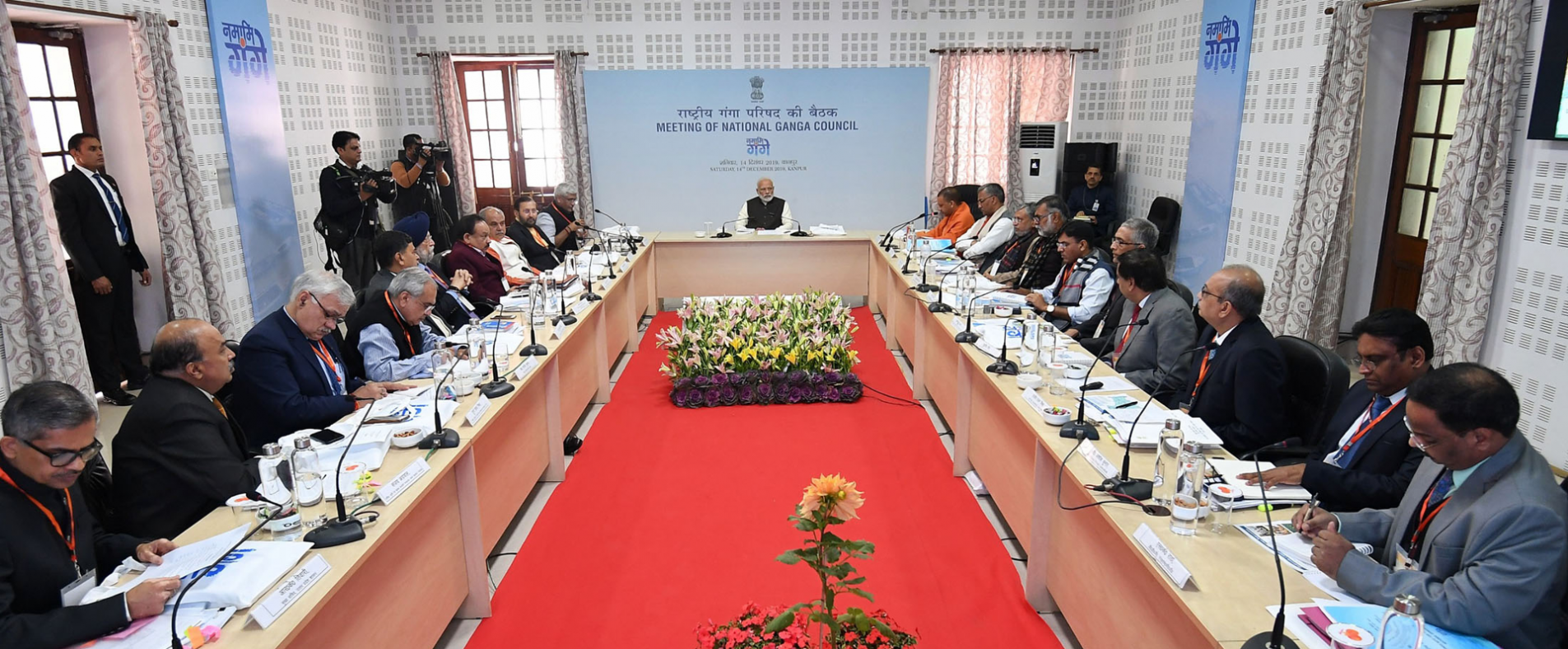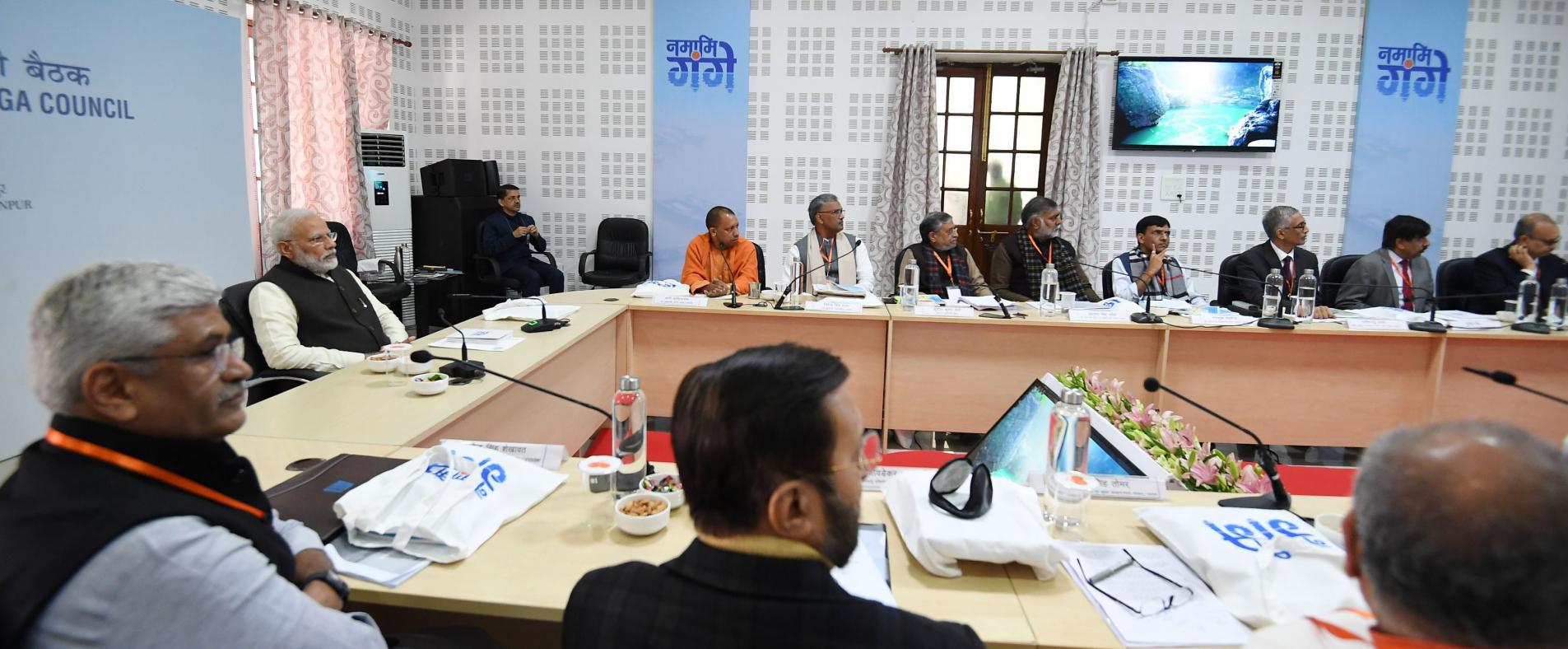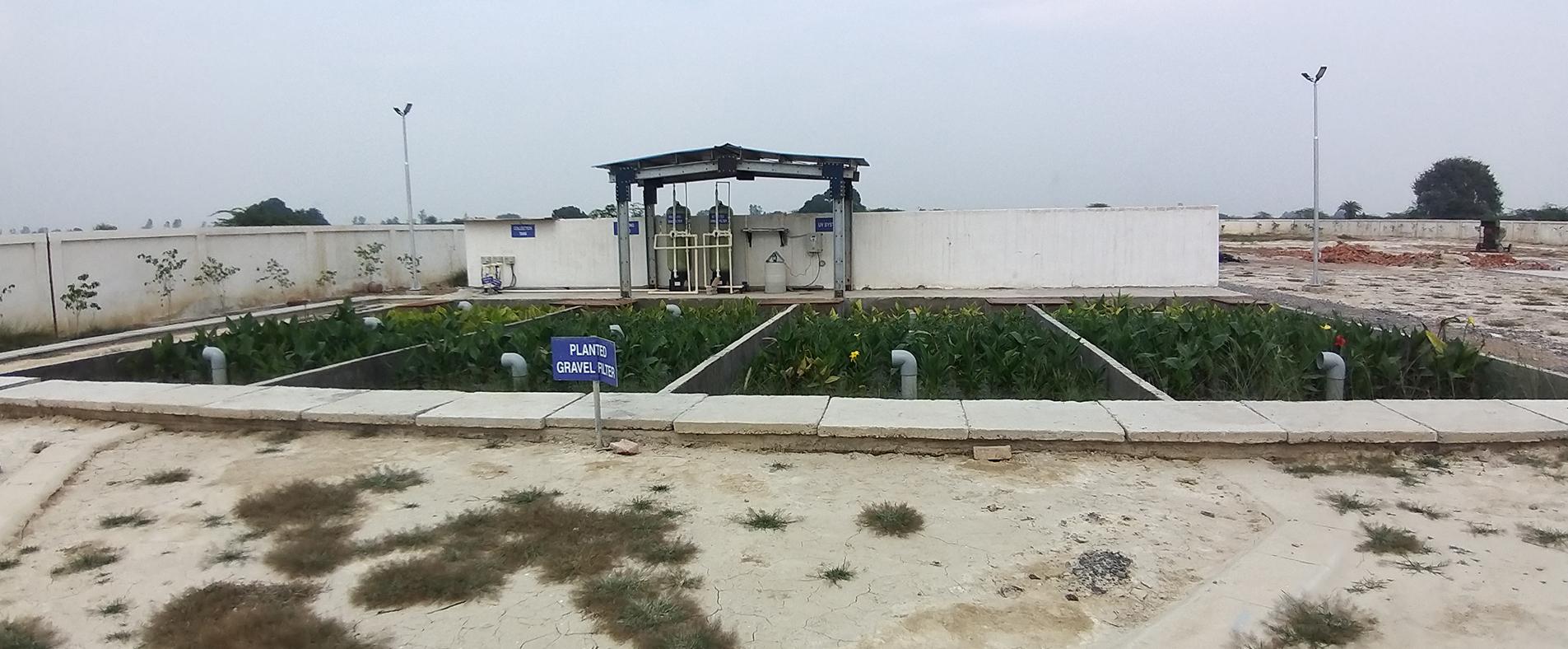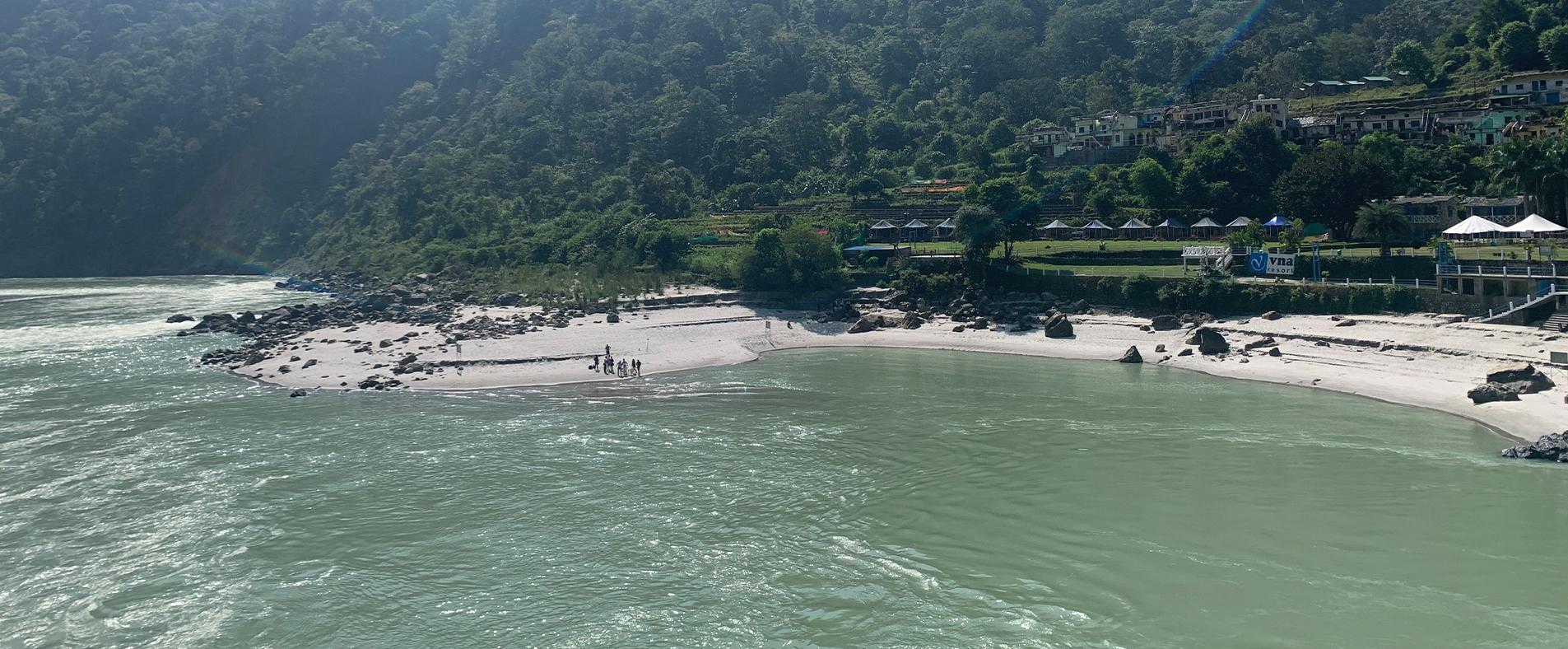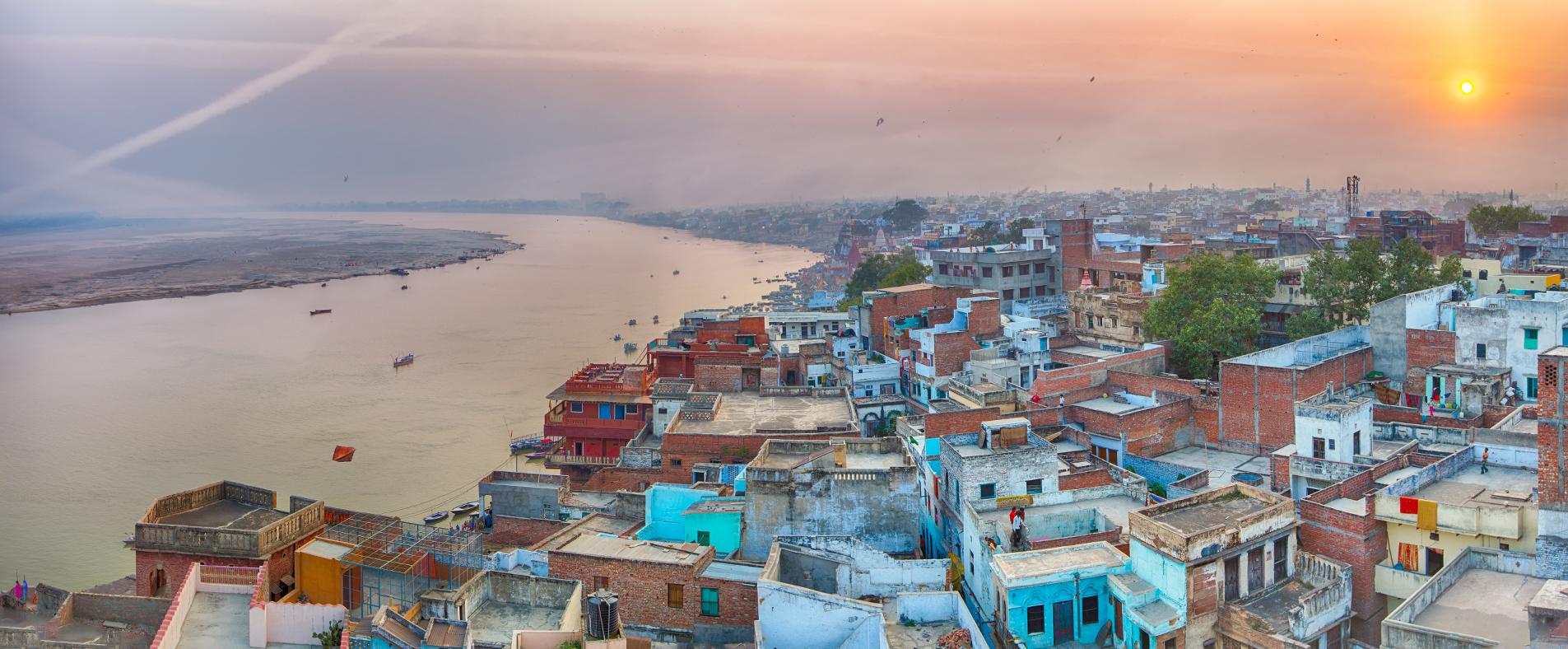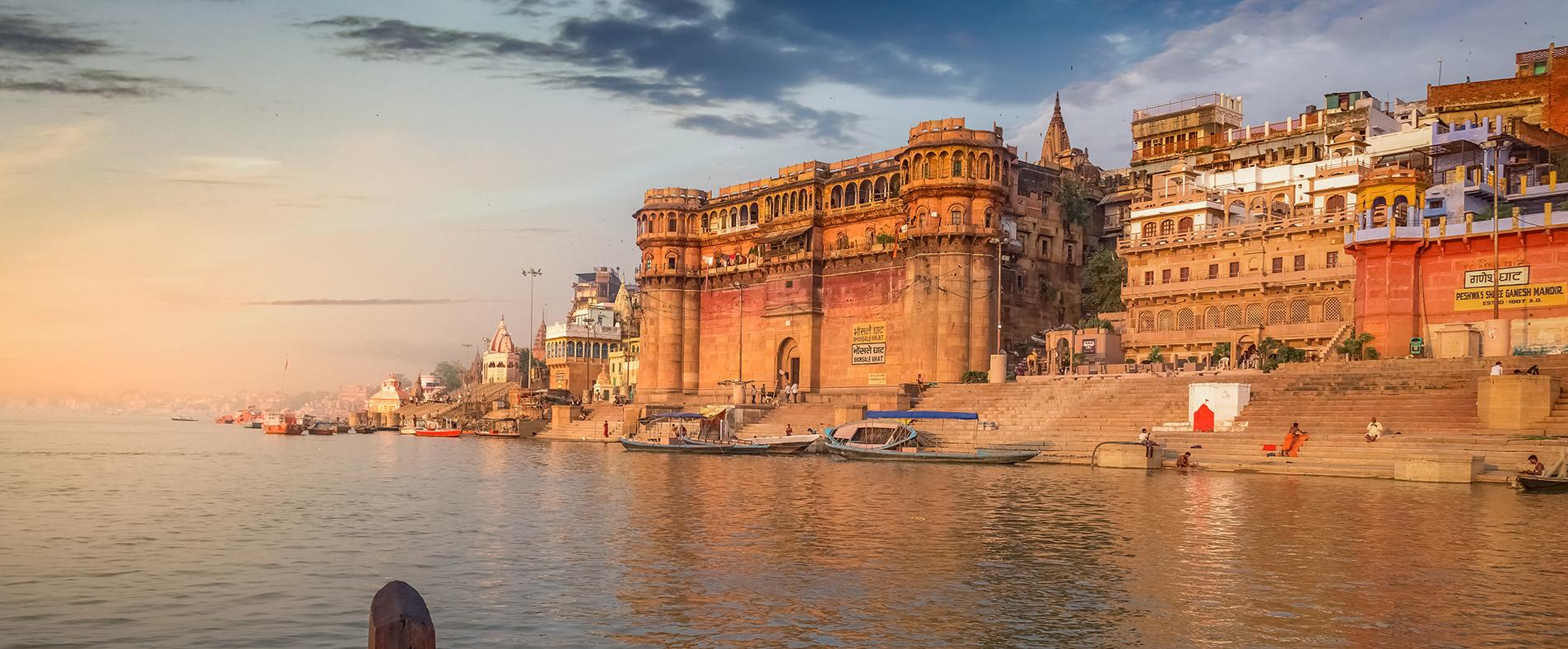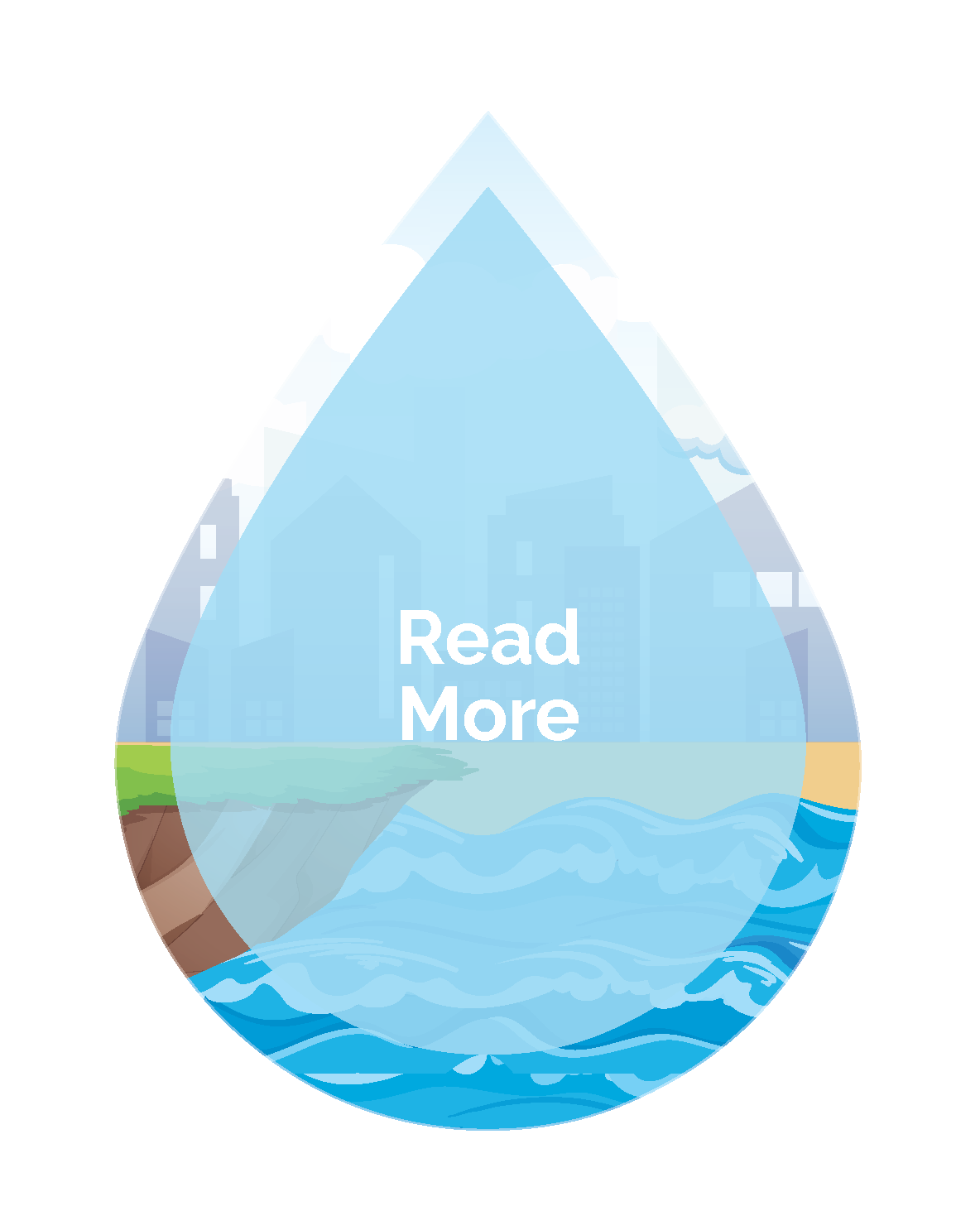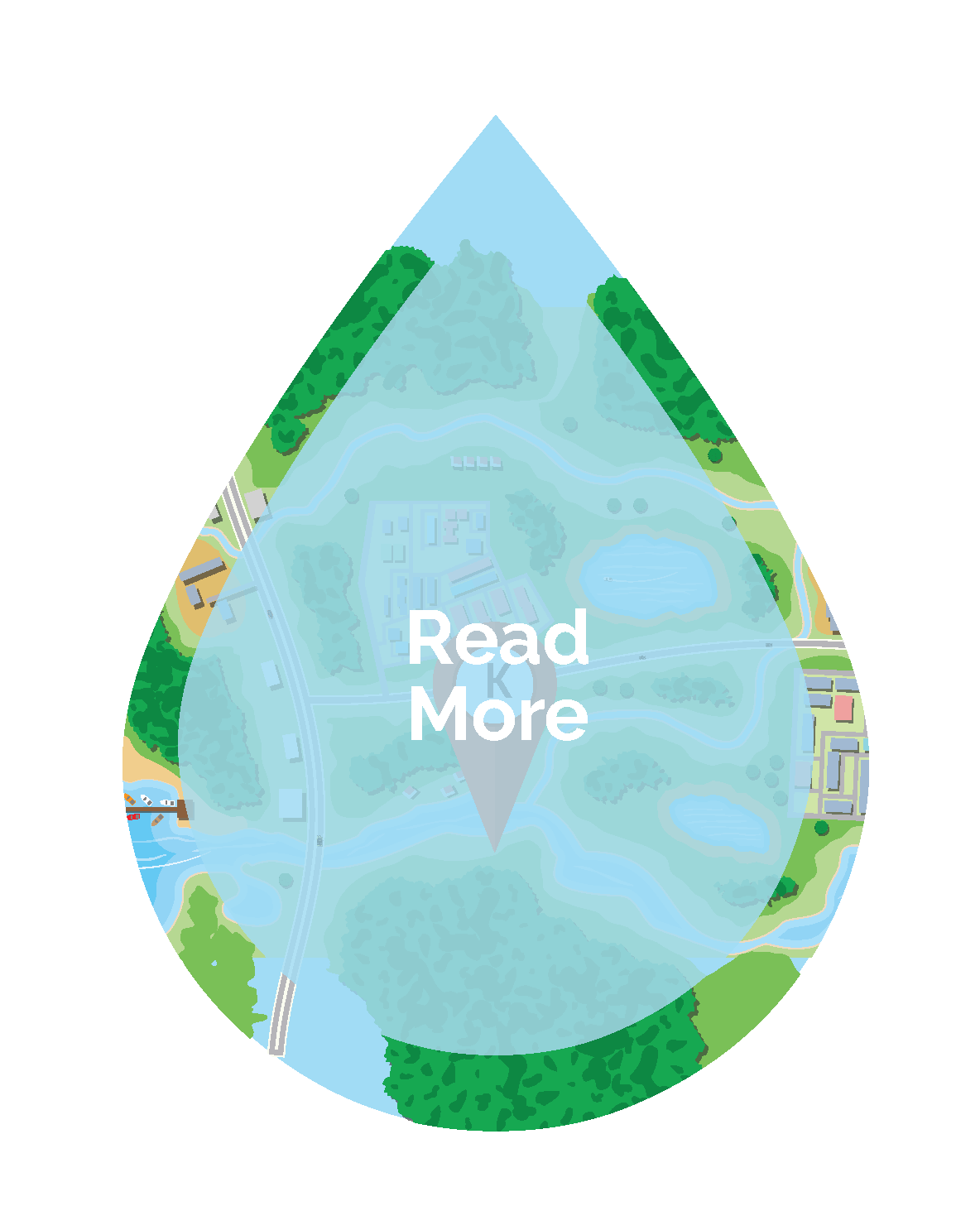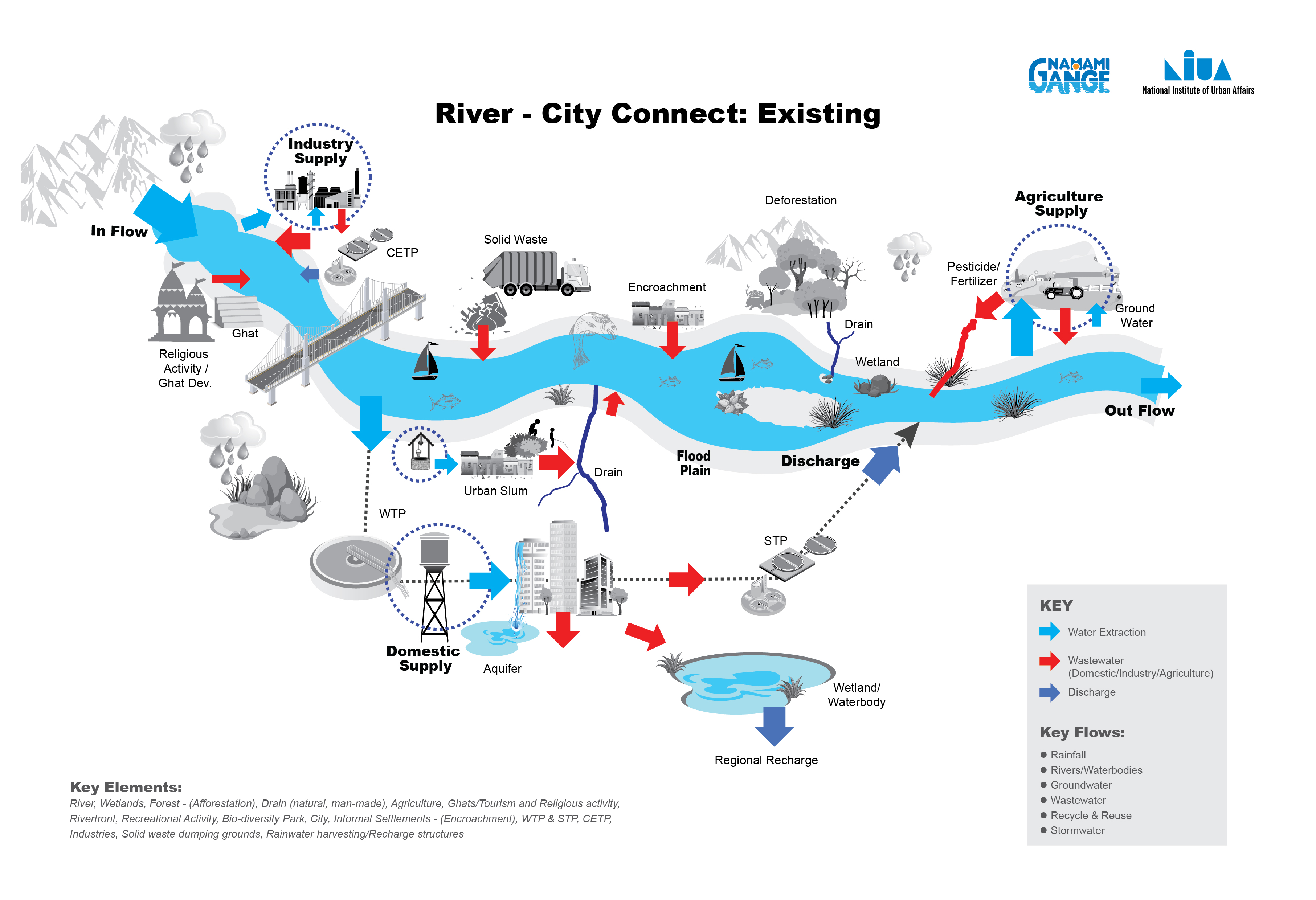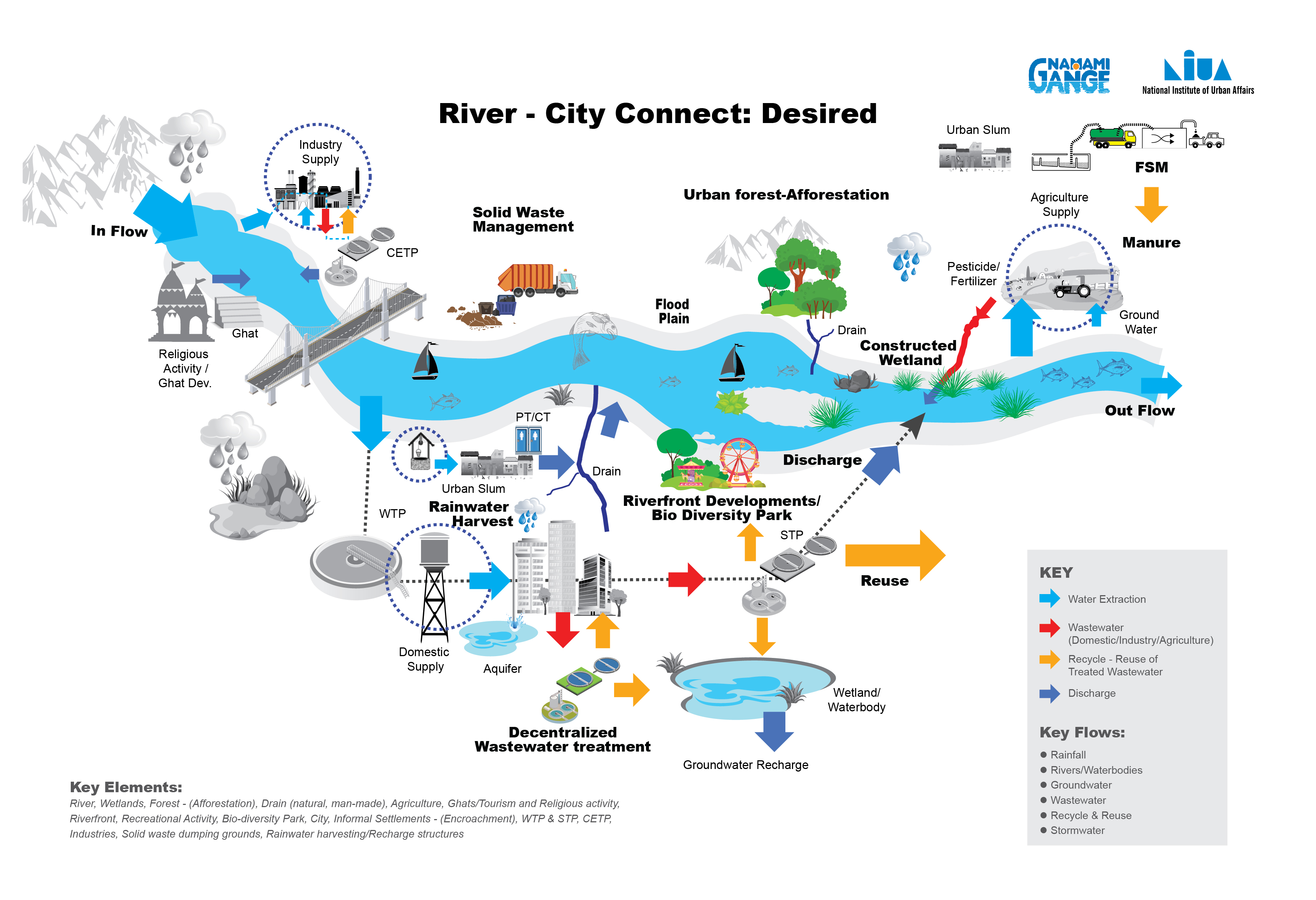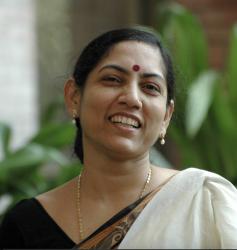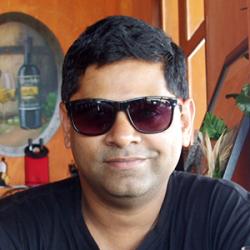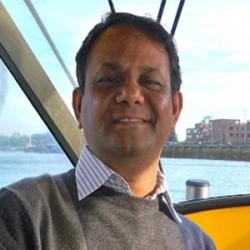Addressing the Urban Drivers of River Health in the Gange River Basin
Introducing the Project
Rivers in the Ganga River Basin are facing increasing threats on several fronts. Pollution concerns are escalating. Streams are drying up. River-supported biodiversity is disappearing. Citizens are losing their connect with rivers. The list goes on. A common element in all these is the anthropogenic (human) factor, especially that associated with disruptive activities. Somehow these disruptive activities are more prevalent in urban areas (cities). So, it may not be incorrect to say that cities have largely been responsible for the sorry state of the rivers. Therefore, any improvement in the river’s state cannot be achieved without first addressing the issues and drivers in urban areas. Cities in the basin, therefore, have a central role to play in the rejuvenation and replenishment of the rivers. This project is being carried out to support cities in this endeavor.
The project activities focus on the Ganga river Basin but the outputs produced can be used by any river city in India, and abroad.
The overarching vision of this project is to promote river-sensitive development in cities. The vision is being achieved through four specific objectives:

River-Sensitive Planning
Produce a strategic guidance note to help cities mainstream river thinking into city planning.

Urban River Management
Develop a common framework for an Urban River Management Plan (URMP) that cities can use to develop their own river-specific management plans.
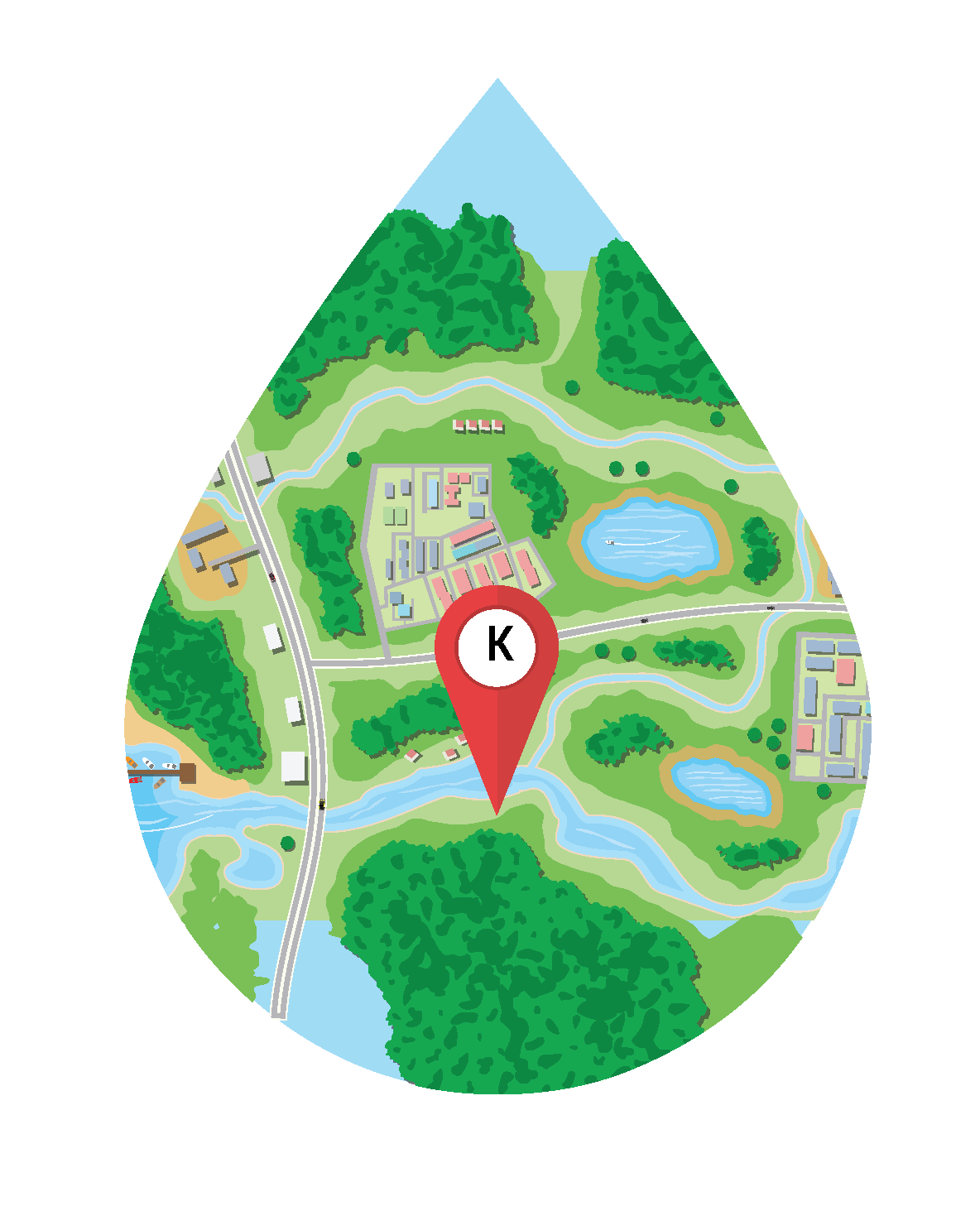
Piloting in Kanpur
URMP framework in the city of Kanpur.

Capacity Building
Build capacities of relevant stakeholders in various facets of river management.
Unique Features of the Project
- It seeks to bring the river to the heart of city planning by mainstreaming river thinking into a city’s long-term vision.
- It has created a first of its kind framework for an Urban River Management Plan (URMP) based on the principles of sustainable development. 97 towns along the main stem of the Ganga will use this framework.
- It focuses on the ‘operational’ aspects of river management with a view to bring about a change on the ground.
- It binds together other related work done by various organizations (e.g. SPA Delhi, INTACH, World Resources Institute, Wildlife Institute of India) under the National Mission for Clean Ganga.
- In association with the Town and Country Planning Organization (TCPO), it seeks to propose norms and standards for the river zone in cities (something that does not exist so far).
- It utilizes the expertise and experience of both national and international experts.
MEET THE TEAM
